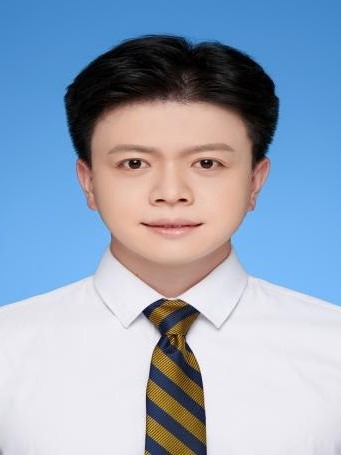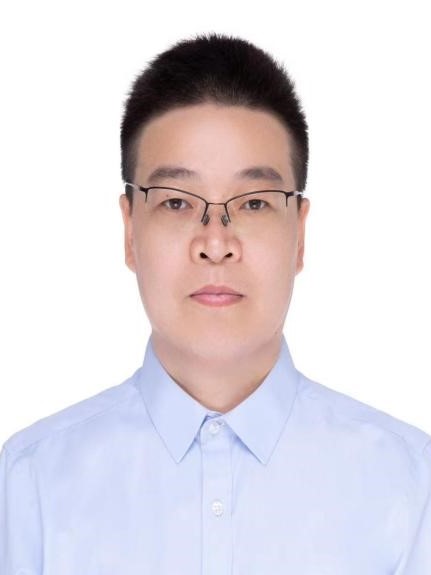Introducation: The past few decades have witnessed the significant development of intelligent autonomous robot systems, which would be widely used in key military and civilian fields, such as reconnaissance and rescue missions, environmental protection and surveillance. Most recently, various techniques have been developed to address the technical challenges in these systems. Game theory on cooperation and competition among multiple decision-making agents provides an effective framework to solve the control-related problems and further improve system performances, such as optimality, robustness and safety in complex systems. However, the stability performance is the most important which is seldom considered in the existing results due the complexity and unfeasibility of the concerned problems with uncertainties and unknown disturbances. Therefore, it is necessary to combine game theory methods and techniques with optimize control to achieve better system performance. This special session focuses on promoting the development of collaborative optimization technologies for intelligent autonomous robot systems within the framework of game theory. The key motivation behind this is to provide an opportunity for scientists, engineers, and practitioners to publish their latest theoretical and technological achievements with original ideas and new approaches on optimization and control of intelligent autonomous robot systems with complex dynamics under complicated environmental constraints, such as, cooperative control, game optimization, formation, and task allocation of autonomous robot systems. Potential scopes include but are not limited to the following:
Organizer(s):

Wei Xing, School of Information and Communication Engineering, Hainan University, Haikou, China
Wei Xing received the M.S. degree in applied mathematics from Northwest University, Xi’an, China, in 2015, and the Ph.D. degree in control science and engineering from the Key Laboratory of Intelligent Control and Optimization for Industrial Equipment, Ministry of Education, Dalian University of Technology, Dalian, China, in 2023. He is currently an Associate Professor with the School of Information and Communication Engineering, Hainan University, Haikou, China. His research interests include cyber-physical systems, game theory, and optimal dispatch of power resources.

Haoyue Yang, School of Information and Communication Engineering, Hainan University, Haikou, China
Haoyue Yang received the B.Sc degree in Electrical engineering and automation from Zhejiang University of Science and Technology, Hangzhou, China, in 2016, the M.Sc degree in control science and engineering from Hangzhou Dianzi University, Hangzhou, China, in 2020, and the Ph.D. degree in control science and engineering from Tongji University, Shanghai, China, in 2025. He is currently an Assistant-Researcher with the school of Information and Communication Engineering, Hainan University, Haikou, China. His current research interests include fault-tolerant control, data-driven control, semi-Markov jump systems, multi-agent cooperation/optimization.

Junfeng Zhang, School of Information and Communication Engineering, Hainan University, Haikou, China
Junfeng Zhang received the Ph.D. degree in control science and engineering from Shanghai Jiao Tong University in 2014. Now, he is a Professor at the School of Information and Communication Engineering, Hainan University. He is included in World's Top 2% Scientists. From December 2014 to May 2022, he worked in the School of Automation, Hangzhou Dianzi University. From August 2019 to August 2020, he visited Inria, University of Lille, France. His research interests include positive systems, switched systems, and model predictive control. He was the Co-Chair of Program Committee in the 6th International Conference on Positive Systems. He has published more than 80 journal and conference papers and one book in the field of positive systems.
Please submit your manuscript via Online Submission System
Please choose "Special Session 1: Collaborative Optimization and Control of Intelligent Autonomous Robot Systems"